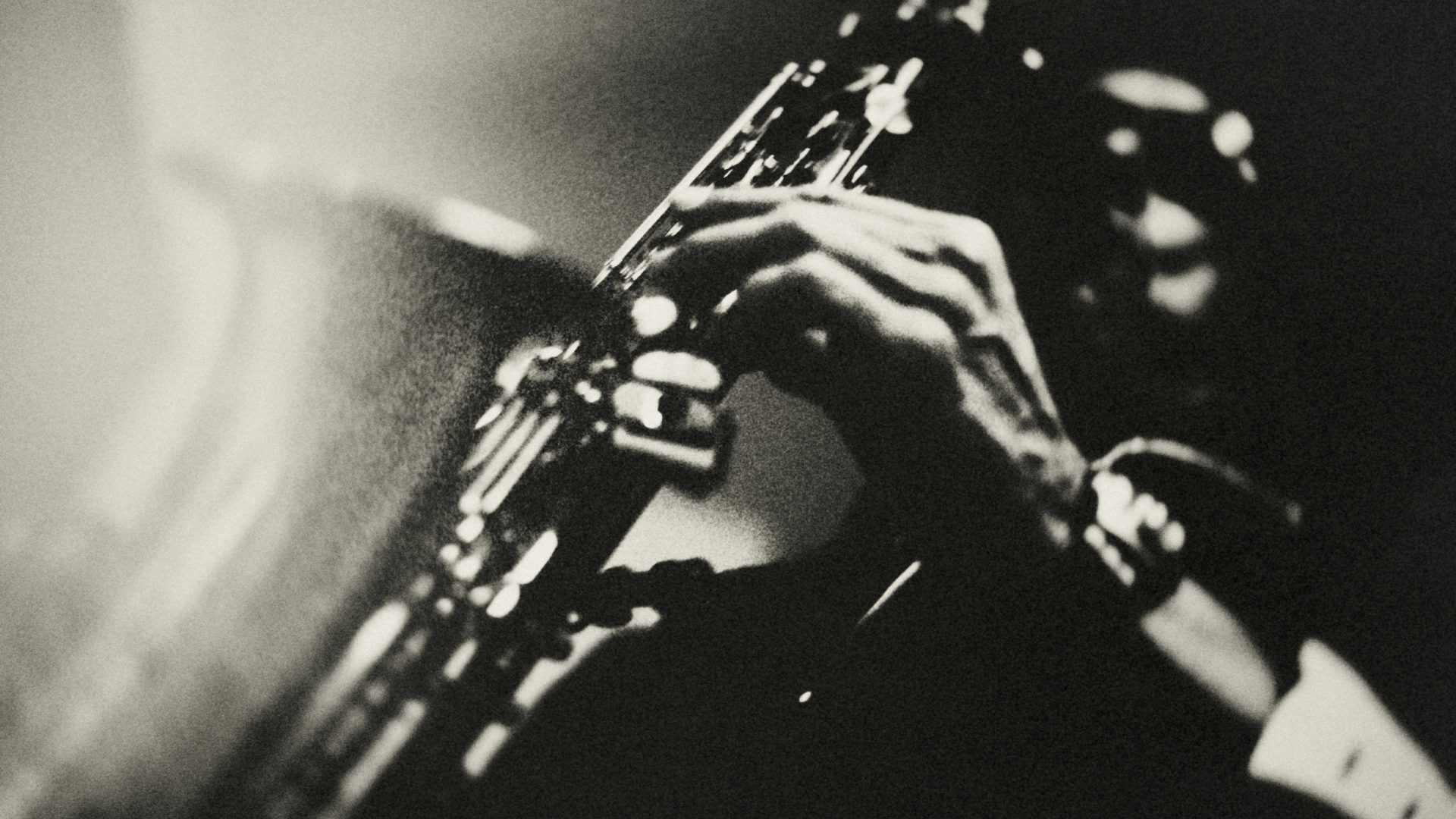Round midnight, from the semi-derelict 17th-century chateau at the top of the hill about a mile away, floated the cooler-than-cool chimes of a vibraphone. Since I’d just come from there, I knew that the instrument was being played by the Swiss vibes master Philippe Cornaz.
It was the perfect soundtrack to a slightly drunken half-hour walk back to my lodgings in this remote corner of Lot-et-Garonne. There was no one around except bats, frogs, a swooping barn owl and a pissed-off sounding wild boar, shuffling and grunting among the maize stocks. And such is the absence of light pollution in this part of the world that the stars were ablaze in the night sky.
For the past 21 years the chateau has been the location for an international jazz summer school which I’ve attended on and off over the last decade.
With its staircase made from irregularly spaced railway sleepers and untethered electrical cables that snake across the floor, not to mention the heaps of broken furniture, there are enough trip hazards here to give any UK health and safety inspector a fit of the vapours. And for two weeks of each year this place is home to several dozen jazz musicians from all over Europe and beyond: the 2024 contingent included players and singers from the UK, the Netherlands, France, Austria, Switzerland, Spain, Ireland and Italy, as well as a couple of Americans. In the past, participants have turned up from as far away as Nigeria and Brazil.
I’ve only got the strength (and the funds) for one week, but some stay for the full fortnight, learning jazz tunes in ensembles of eight or nine with expert tutors, most of whom are from the UK. This is how we spend our days – learning and practising tunes by Weather Report (Mr Gone), Kenny Wheeler (Heyoke) and Bud Powell (Dance of the Infidels), and performing them each evening in the chateau’s restaurant-cum-bar.
My own ensemble this year includes tenor saxophonist Alain, an entrepreneur from Zürich; guitarist Luigi, a mechanical engineer from Rome; retired paediatrician Fritz, a pianist from Graz in Austria; and drummer Wouter, a cyber security expert who lives in Leiden. As well as the instrumental groups, there is a class of jazz singers, tutored by a London-based professor of jazz composition at the Royal Academy of Music, Pete Churchill.
To the relief of monoglots like myself, most interaction takes place in English, the native tongue of summer school founders Dorian Lockett and Andrea Vicari. There are roughly equal numbers of men and women, and students and tutors play together both in the official performances and in the after-hours jam sessions that roll on into the early hours. The standard is alarmingly high, spurred on by some students who are already very good, and by tutors who know how to bring out the best in those who are still getting there.
Yes, it’s boho heaven, for those who appreciate these ramshackle surroundings and the spontaneous nature of jazz. Everyone eats and drinks together, and as the evening wears on, there are frequent outbreaks of dancing – this year a bunch of musicians from Barcelona inspired some ungainly but enthusiastic Latin moves. But apart from all the playing and listening, there is a great deal of talk, and nearly all of it concerns jazz. It’s jazz heaven as well as boho heaven, and as far as this music is concerned, we are the most abject nerds. The internet has made the raw material easily available for the first time, even the most obscure recordings, and arguments flow back and forth about which is the best version of this or that song.
Towards the end of the week, Churchill organises the student body into a makeshift choir, splitting us into sopranos, altos, tenors and basses. For about an hour, he teaches us a song by ear in four-part harmony. That evening, we gather in the restaurant. The tutors line up on stage to supply the backing, and accompany us as we sing the song.
In church-going times, this sort of thing used to happen all over Europe: whole communities singing and playing music together with a common purpose, or simply for their own enjoyment.
Peter Jones is a musician and author of pioneering music biographies



